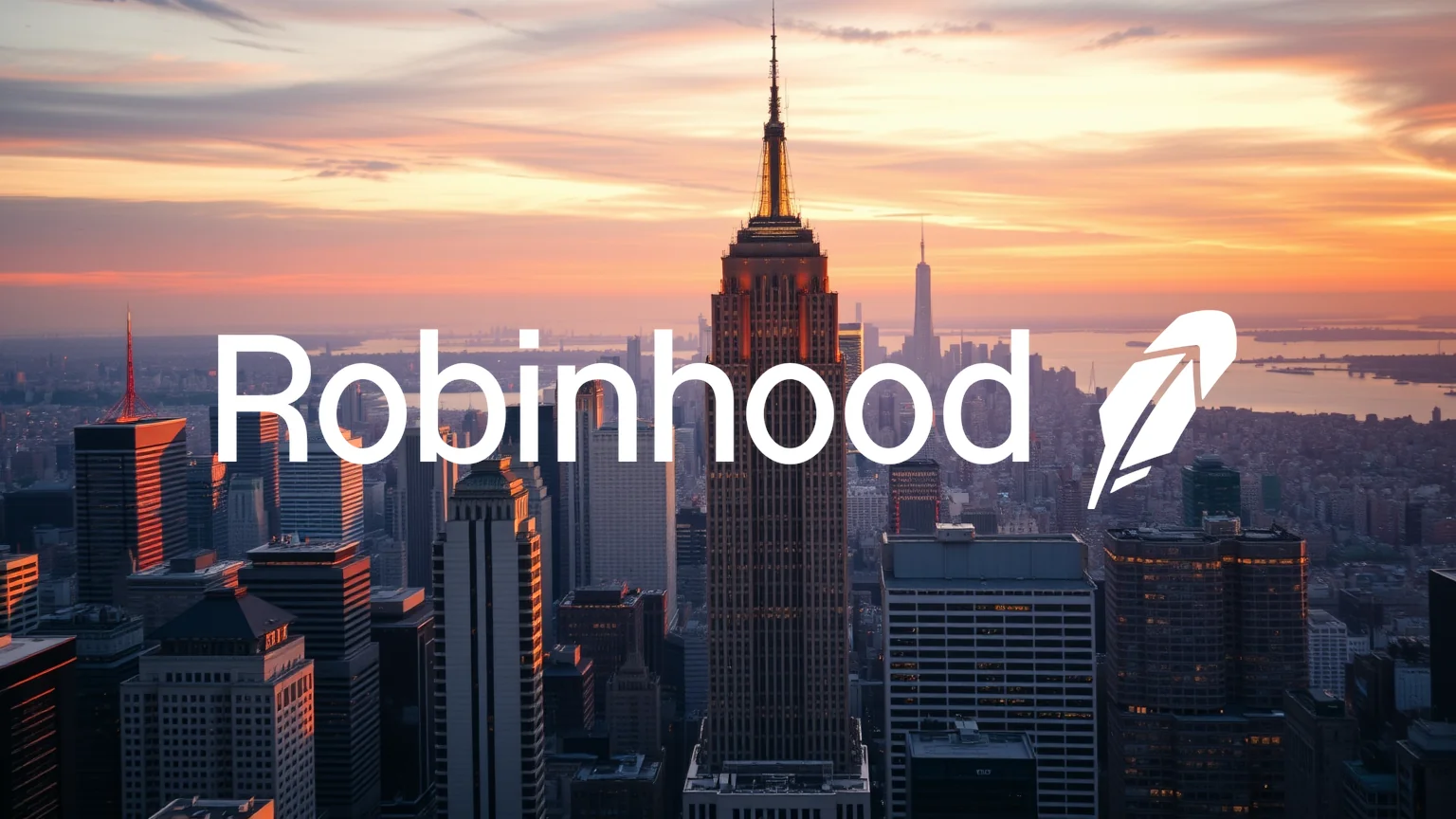Robinhood is engaged in a complex strategic battle across multiple arenas simultaneously. The fintech firm is pursuing aggressive litigation against US regulators while paradoxically expanding the very product offerings at the center of these legal disputes. Concurrently, the brokerage is advancing its international footprint with new AI-powered tools. Despite these ambitious moves, market sentiment has turned decidedly negative, with shares recently declining approximately 7%.
International Tech Expansion Amid Domestic Tensions
Even as it confronts regulatory challenges in its home market, Robinhood is pushing forward with technological innovation abroad. The company has officially launched its artificial intelligence-driven feature, “Digests by Robinhood Cortex,” for all United Kingdom-based customers. This tool leverages generative AI to process news reports and financial data, delivering comprehensible summaries that help explain potential catalysts behind stock price movements.
Already available to US users, this service is being offered free of charge to UK clients and covers numerous heavily traded equities on the platform. This deployment underscores Robinhood’s broader strategy of international growth and its commitment to integrating sophisticated technology to serve its retail investor base.
Legal Offensive Against State Regulators
Robinhood has opted for a confrontational legal strategy in its domestic market. The company has filed lawsuits against gaming regulatory bodies and state attorneys general in both Nevada and New Jersey. These legal actions seek to prevent enforcement measures targeting Robinhood’s sports-related event contracts.
Should investors sell immediately? Or is it worth buying Robinhood?
The dispute centers on conflicting legal interpretations. Robinhood cites previous federal court rulings that favored its competitor and partner Kalshi, which offers similar prediction market products. The company alleges that state regulators are disregarding this federal precedent and applying unequal treatment to the two firms. After officials in both states reportedly declined to forgo enforcement actions, Robinhood sought preliminary injunctions to safeguard its business operations.
Aggressive Product Rollout Despite Regulatory Uncertainty
In a move that heightens regulatory tensions, Robinhood is accelerating rather than pausing the expansion of its controversial offerings. The platform recently introduced prediction markets for NFL and college football games. These new event contracts are accessible through the platform’s “Prediction Markets Hub,” enabling users to take positions on game outcomes.
This expansion further blurs the traditional boundaries between financial derivatives and conventional sports wagering. While Robinhood maintains that its event contracts constitute financial instruments—not bets—traded on a Commodity Futures Trading Commission (CFTC)-regulated marketplace, the move represents a direct challenge to existing state gaming regulations. The company’s decision to aggressively expand these products while simultaneously fighting regulatory battles demonstrates a high-risk approach to navigating legal gray areas.
Market participants have responded negatively to this multifaceted strategy, reflecting concerns about the mounting regulatory pressures and the costs associated with Robinhood’s simultaneous legal battles and expansion initiatives.
Ad
Robinhood Stock: Buy or Sell?! New Robinhood Analysis from February 7 delivers the answer:
The latest Robinhood figures speak for themselves: Urgent action needed for Robinhood investors. Is it worth buying or should you sell? Find out what to do now in the current free analysis from February 7.
Robinhood: Buy or sell? Read more here...













